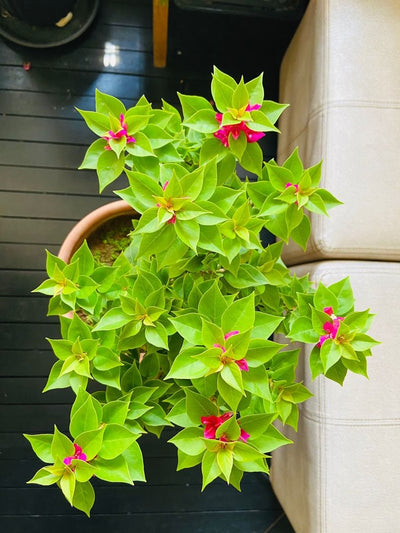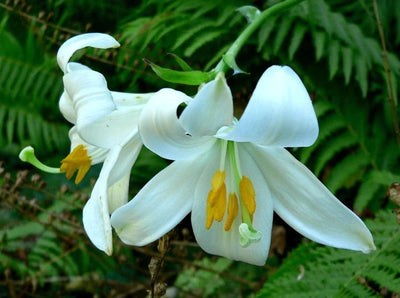Imported Asiatic Lily Flower Bulb (in bulk)
Imported Asiatic Lily bulb
Bulbs of Asiatic Lilies (Mixed Color). These are herbaceous blooming plants that emerge from bulbs and all have voluminous, pronounced flowers.
These work well for getting indoo to blossom. Most flowers face upward. It typically takes 90 to 100 days for it to blossom. Lilies are tall perennials that can grow up to 6 feet tall.
Large, frequently fragrant, and available in a variety of hues, including white, yellow, orange, pink, red, and purple, the blossoms are a common sight. Spots and brush strokes are examples of markings. Flowers with six tepals are produced at the end of the stalk in racemes or umbels.
Common Name - Asiatic lily
Height - Up to 18 cm (Bulb), 2 to 6 feet (Plant)
Flower Colour - Mix color
Bloom Time - Early Spring and sometimes into July
Difficulty Level - Easy to grow
Planting and care
- Defend against the sweltering sun and wind
- It wants to be in a cooler, more protected area.
- The soil must be open and well-drained in order to maintain moisture while preventing wet feet.
- During its growing cycle, lilies require at least two fertilisation sessions.
- Early in the spring, fertilise your plants with a slow-release meal.
- After blooms have faded, remove old flower heads to encourage bulb growth.
Asiatic Lilies care
- Plant it in the fall or spring.
- A good soil ratio is two parts sandy loam, two parts peat, and one part sand.
- Garden planting should be done at a depth of 6 to 8 inches, while container planting should be done at a depth of 4 to 6 inches.
- Two bulbs can be separated by 6 to 8 inches.
- Lilies must be kept moist throughout their growing cycle, and mulching is one method of water conservation.
Sunlight - Full sun, partial shade
Watering - Moderate
Soil - Well Drained, Healthy Loam
Temperature - 13 to 24 degrees C
Fertilizer - Use any organic fertilizer.
Harvest Season Spring or summer
Ornamental Use:
- As a cut flower, it has a relatively long lifespan.
- They are also ideal for container gardening or creating landscaping borders




















